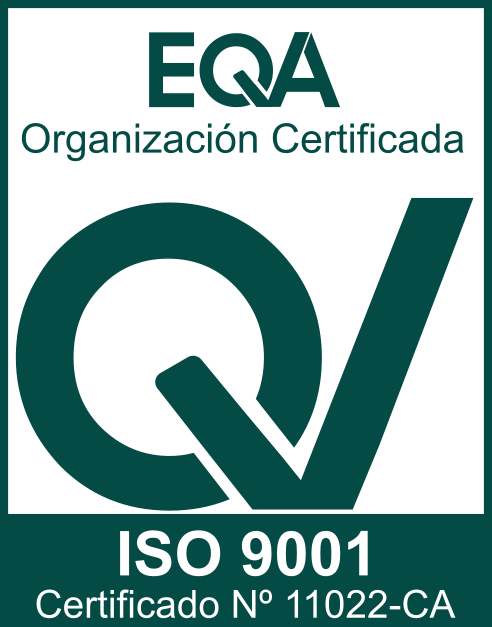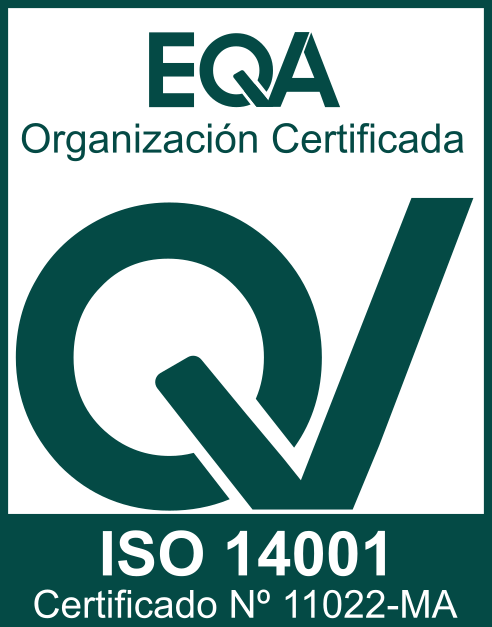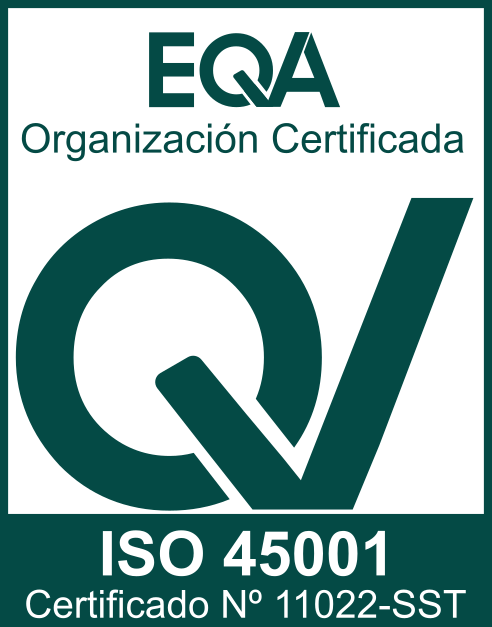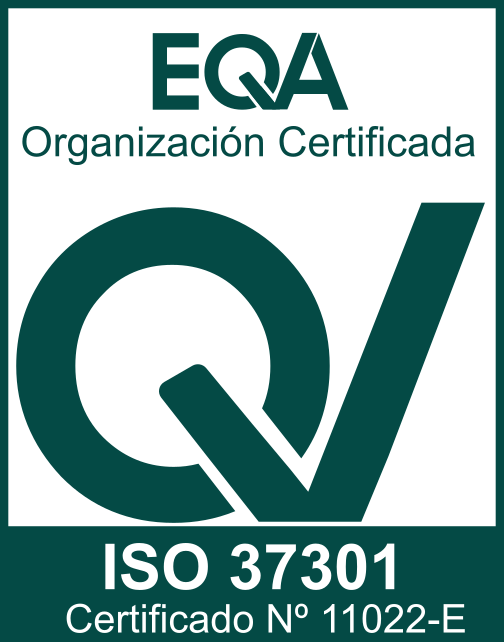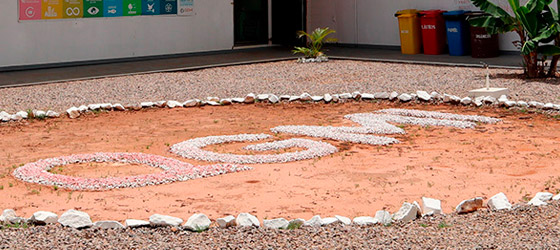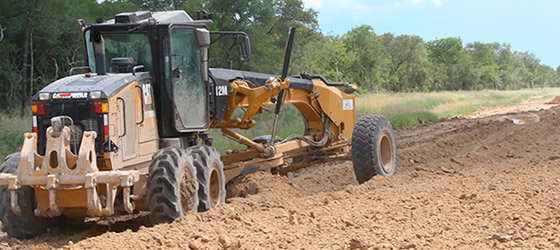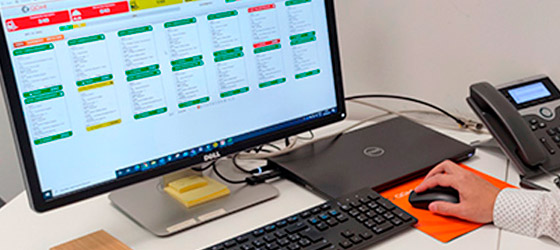Environment
QGMI develops projects and new opportunities in a wide range of ecological settings and is committed to managing its environmental impact and footprint in line with international best practice. We mitigate environmental risk through design optimization, impact assessment and roll-out of a project-level Integrated Management System.

IMPACT ASSESSMENT AND PERMITTING
As part of its service offering, QGMI can undertake the environmental impact assessment and permitting process for projects on behalf of its clients. We typically work with leading international consultancies partnered with local specialists in order to deliver impact assessments in line with national regulations and international standards. We also secure the necessary environmental permits for our projects and associated facilities.
Environmental Management Approach
- Understanding the environmental conditions and impacts of the project.
- Design optimisation and adjustments to minimise environmental footprint.
- Partnering with local agencies and research institutions to carry out assessment and monitoring, where possible.
- Applying the hierarchy of controls through anticipating and avoiding environmental impacts. Where this is not possible, QGMI minimizes or compensates for environmental impacts.
- Operational controls that include control of erosion and sediments, careful sourcing of raw materials, and effective management of hazardous substances and waste.
- Monitoring emissions, biodiversity, noise, water, and air quality (where potential impact or sensitivity is identified) to check the efficacy of control measures in place and, based on results, determine if additional ones might be needed.
- Improvement of energy efficiency and promotion of sustainable use of resources.
- Putting in place emergency response plans to respond to significant environmental incidents such as a major spillage.

